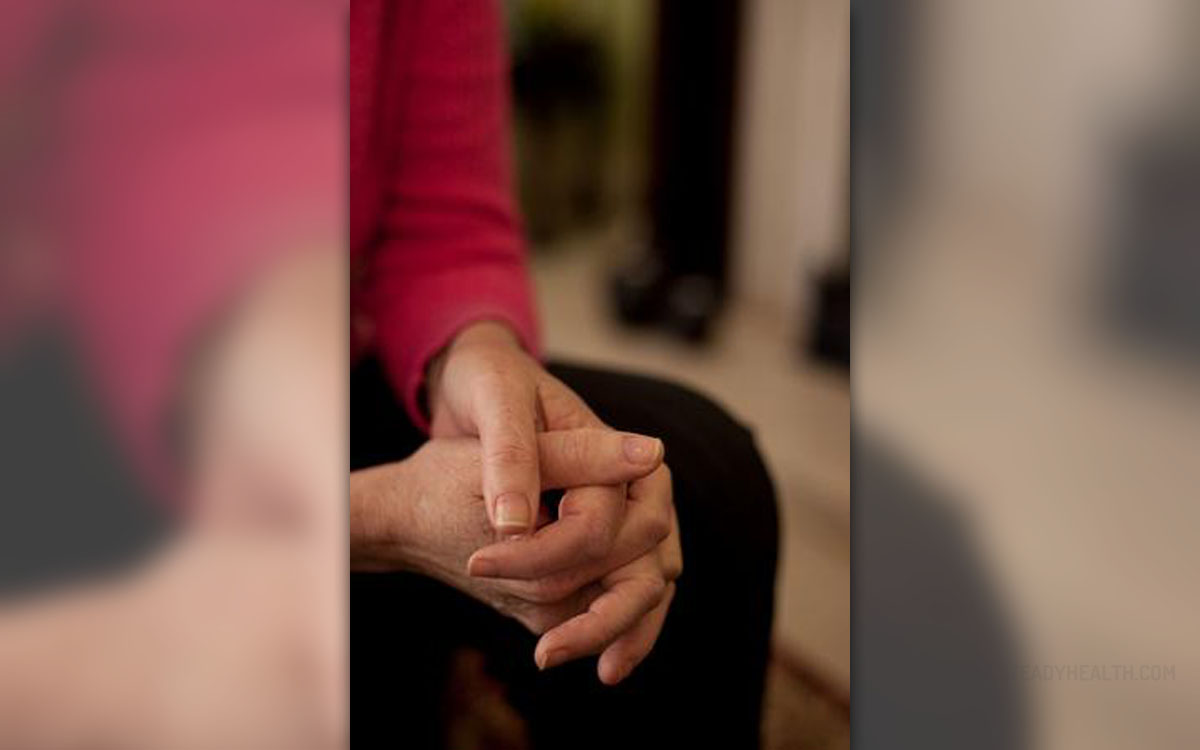
A Brief Introduction to GriefCounseling
Theneed for grief counseling arises when a person has to cope with atremendous loss and is unable to handle the grief all on his or herown.
Namelyit is a form of therapy which is designed and aims to relieve aperson of the intense feelings of loss he or she may be suffering atthe time. These feelings may be triggered by: deaths of loved ones,marriage break ups, getting fired, or being diagnosed with a fataldisease, and so forth.
How does it work?
Itis typically done in groups. This is done in such a fashion becausewhen a person finds someone in a similar position it is easier to empathize and get through the whole thing in a group setting – asopposed to an isolated one. Additionally, the goal of the group isnot to change the person's behavior, but rather to provide foradditional compassion and sympathy.
Acounseling group is led by a qualified health professional.
Accordingto grief counselors, grief is a complete process and is thusimpossible to be brushed away instantly. They also make it a point tothe patients that grief is a normal human emotion which is right inits place, that they may feel free to express all of it and with noobstacles.
Inthat way, the person is presented with a degree of compassion whichhe or she could not be able to receive elsewhere.
Itis also an important point that a grief counselor does not attempt tospeed up the process – as this in fact would be impossible, butrather see his patient through all of its stages. This means that thetherapist in this case acts more like a support rather than acatalyst.
Somepatients would find it difficult to cry at all, whilst other couldhave trouble stopping. This is because loss is the biggest cause ofpain.
Namelyloss is the trigger of a rush of shocking emotions, such as: anger,guilt, fear or misery. Furthermore, the patient suffering thesymptoms feels as if the world around him/her is changing in suchdrastic measures that it will never ever be the same again. Andwhat's more, the patient is right.
Thething is, these emotions may feel overpowering at the time ofsuffering, but they are (on the slightest of up sides) completelynatural reactions to loss. All the stages of grief, are thus, a partof the healing process which is to take place upon loss.
Eventhough the healing process normally takes a very long time, mostpeople learn to (sooner or later) deal with it in their own uniqueways – despite the fact that what is lost is lost, and could nevercome back again.
Conclusively,this is also why the one who grieves should receive all of theemotional support and empathy, he or she can get from friends andfamily as well, and not only the therapist and the group.

















Your thoughts on this
Loading...